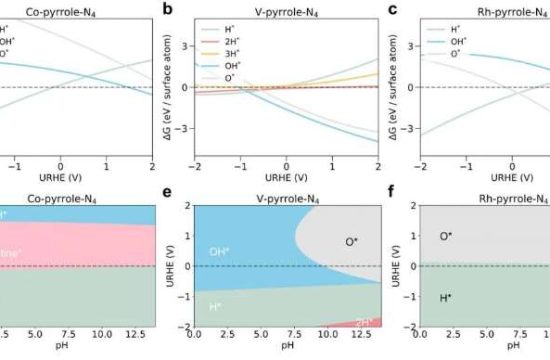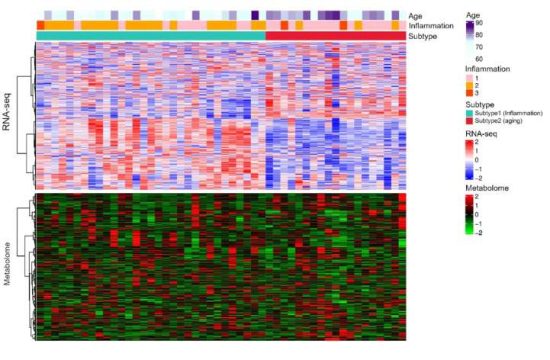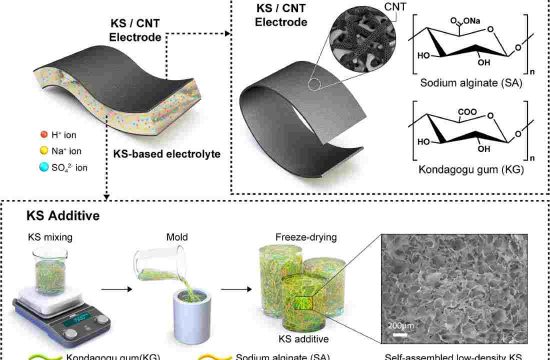MADISON – Navigating the transitional stress of starting college can challenge young adults’ mental health. Thrust into unfamiliar social situations and new home environments, students face increased academic pressure and the responsibility of making important life decisions for the first time. Layer on the continuing stressors of a global pandemic, racial acts of violence, and war, and it’s no surprise that a mental health crisis exists on many college campuses.

To help combat this crisis, researchers at the University of Wisconsin–Madison’s Center for Healthy Minds have contributed to the design of an innovative course that provides students with evidence-based tools to protect and improve their mental health.
Promising new findings published recently in the journal Mindfulness found that students who took the course reported significantly improved mental health upon completion.
Remarkably, the prevalence of clinical depression among participating students decreased by nearly half, and severe depression decreased by two-thirds. There were no changes in these metrics for control participants. At the same time, students in the course reported significant gains in flourishing – deep satisfaction, resilience, accomplishment and purpose. These results point to a potentially scalable curricular approach to promote flourishing in college students.
“These findings are particularly encouraging because they suggest that the course was as useful for students suffering from more significant depressive symptoms, even severe symptoms, as it was for students with symptoms in the normative range,” says Matt Hirshberg, lead author of the study. “Thus, these data at least hint at the potential utility of this course as a universal preventive strategy for new college students.”
Beginning in 2016, a multidisciplinary team of scholars from UW–Madison, Pennsylvania State University and the University of Virginia set out to develop a for-credit course that could become a general education requirement similar to courses like composition or calculus that are required for first-year students on many campuses.
This effort produced the Art and Science of Human Flourishing (ASHF) course. The curriculum melds intellectual rigor investigating the sources of deep satisfaction, resilience, accomplishment, and purpose with semester-long experiential learning in awareness, connection and other meditation techniques that support flourishing directly.
Primarily first-year students at UW–Madison, PSU, and UVA enrolled in the course in 2018 and 2019, in a two-wave matched controlled trial. Researchers surveyed students before they started the course and again at completion on a range of factors, including attention, social-emotional skill development, flourishing perspectives, mental health, health, and risk behavior outcomes.
The course is structured around five themes: Foundations of Flourishing (the science of personal transformation), Awareness (the importance of emotion, focus, and mindfulness), Connection (qualities of compassion and belonging), Insight (crafting an individual vision and plan for flourishing) and Integration (pulling it all together). The course includes readings, lectures, written reflections, large and small group exercises, meditation “labs,” seminars, and at-home practice.
The intellectual foundation for the course is rooted in contemplative neuroscience pioneered at UW’s Center for Healthy Minds.
This method helps students achieve a fully integrated understanding as well as an individual roadmap for flourishing during and beyond the course. The research team hopes that as a universal first-year requirement, the course could make big waves in supporting student mental health nationally and globally.
“We aim to support students in seeing themselves and their lives as precious and as something that they can begin to contemplate and take active steps to shape in healthy and prosocial ways during their college years,” says Robert Roeser, a professor of human development and family studies at Penn State and the overall study lead.
The research results support this hope. In addition to reporting fewer symptoms of clinical depression, participating students reported significantly improved mental health and flourishing improvements in attention and self-compassion, and increases in prosocial attitudes like empathic concern and shared humanity compared to control participants.
The researchers note that many important questions remain. For example, there was no evidence the course impacts health or risk behaviors such as sleep quality or alcohol use, which could indicate that these outcomes take more time to change, or that they’re not affected by the course.
The researchers are currently analyzing additional data collected during the COVID-19 pandemic for further insights about course impacts during the first two years of that disruptive period. At a time when rates of mental health concerns are at historic levels among adolescents, the study offers hope that university curricula could help support mental well-being among students.
Richard Davidson, a UW-Madison professor of psychology, founder of the Center for Healthy Minds and a co-author of the report, says he hopes that “in the near future, every student at UW–Madison would have the opportunity to take this course.”
This work was supported by generous individual donations to the Center for Healthy Minds, a 2019 National Academy of Education/Spencer Foundation Postdoctoral fellowship (Matthew Hirshberg), the Bennett Pierce Chair in Care and Compassion (Robert Roeser), and the Contemplative Science Center at the University of Virginia.








